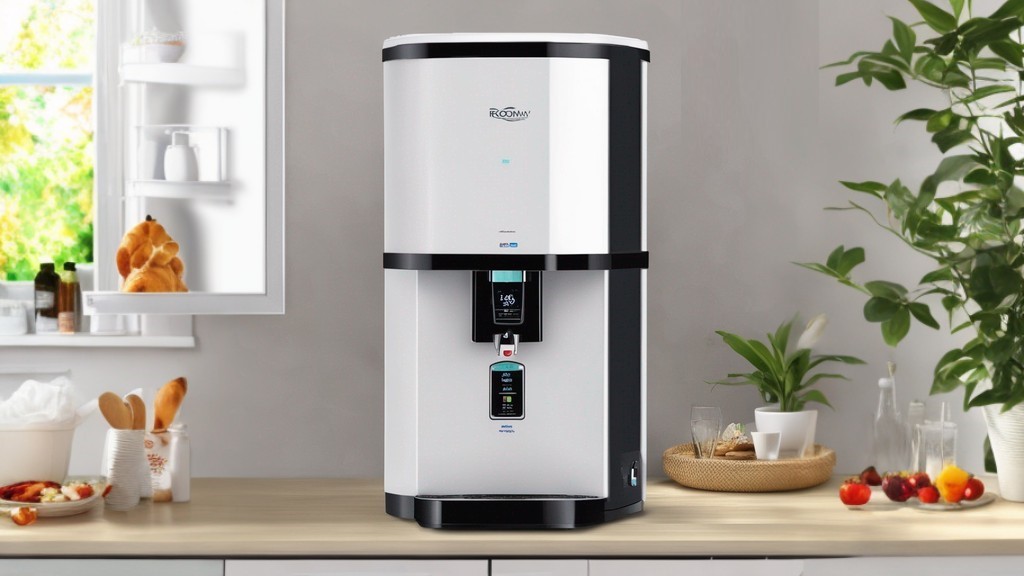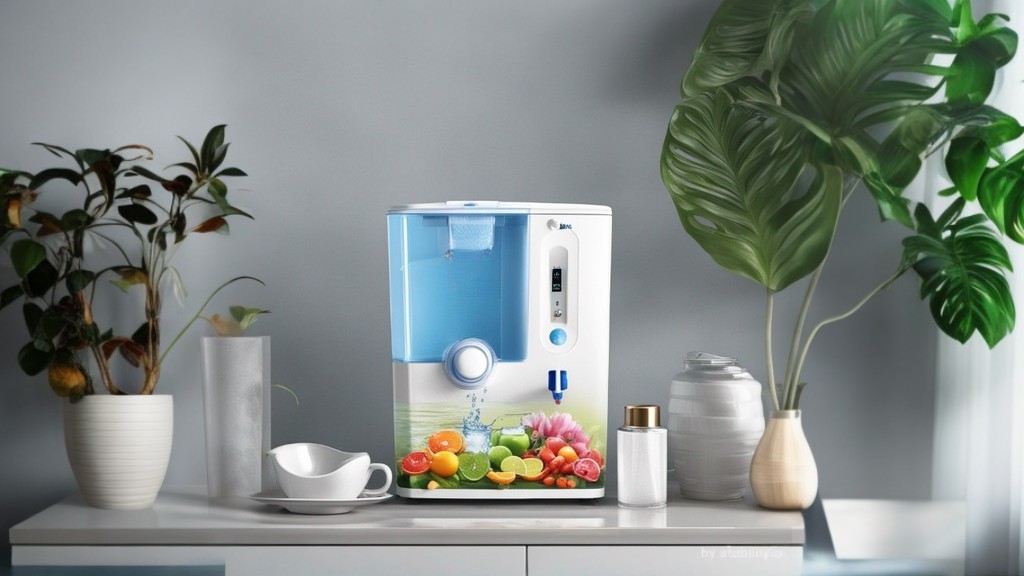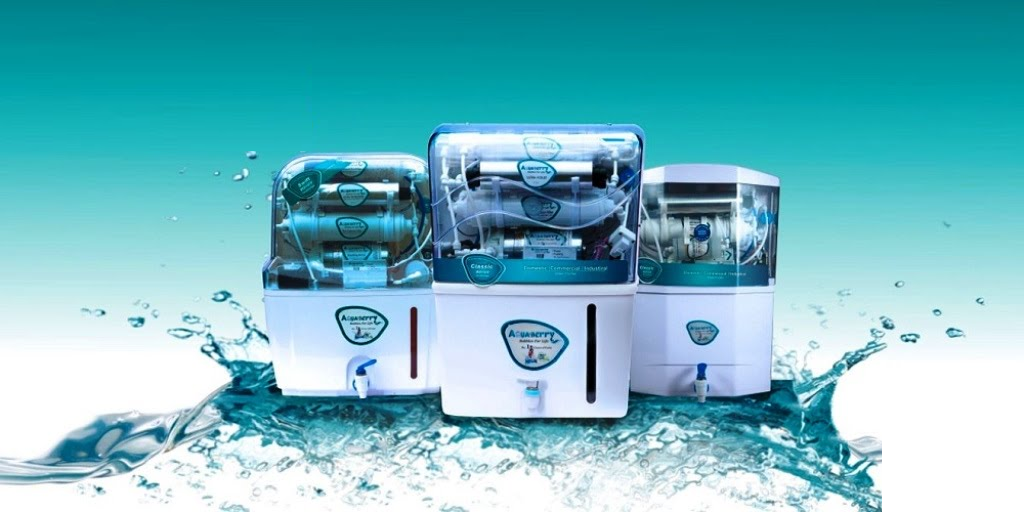Depending on the quality of the source water, a particular water purification process may be chosen. RO is necessary for high TDS levels, while UF should work best for contaminants that are suspended. UV is excellent for eliminating dangerous germs, viruses, and microbes.

Here is a table that quickly compares RO vs UV vs UF water purification technologies.
| RO Water Purifier | UV Water Purifier | UF Water Purifier |
|---|---|---|
| Needs electricity to function | Needs electricity to function | Does not need electricity to function |
| Removes all the viruses and bacteria from the water. | Kills all Viruses and Bacteria but their remains stay in the Water. | eliminates all the viruses and bacteria from the water. |
| Needs electricity to increase the pressure of the tap water. | UV water purifiers can function with regular tap water pressure. | UF water purifiers can function with regular tap water pressure. |
| It can eliminate metals and salts that have dissolved in water. | It cannot eliminate metals and salts that have dissolved. | It cannot eliminate metals and salts that have dissolved. |
| Membrane size: 0.0001 micron | No membrane | Membrane size: 0.01 micron |
| Suitable For water with a High TDS Level Above 300ppm | Suitable for water with a High TDS Level Above 300ppm | Suitable For Water With a low TDS Level below 300ppm |
The need for water purifiers has increased as the importance of having access to clean, safe drinking water becomes more and more apparent. Among the various technologies available, Reverse Osmosis (RO), Ultraviolet (UV), and Ultrafiltration (UF) are three prominent methods for ensuring the purity of drinking water. Each technology has its own set of advantages and limitations, catering to different water quality concerns. In this article, we will delve into the differences between RO, UV, and UF water purifiers, helping you make an informed decision about the best choice for your specific needs.
Table of Contents
Reverse Osmosis vs Ultraviolet Radiation vs Ultrafiltration (RO vs UV vs UF Water purifier)
Reverse Osmosis (RO) Water Purifiers:
Reverse Osmosis, often referred to as RO, is a powerful water purification process that employs a semi-permeable membrane to remove a wide range of contaminants from water. This membrane allows water molecules to pass through while blocking larger molecules, ions, and particles. RO is particularly effective in removing dissolved solids, heavy metals, salts, bacteria, viruses, and other impurities, making it a popular choice for areas with poor water quality.
Advantages of RO Water Purifiers:
Comprehensive Filtration: RO systems are renowned for their thorough purification procedures, making sure that even the smallest impurities are eliminated from the water.
Removal of Harmful Substances: RO is highly effective at eliminating contaminants such as lead, arsenic, fluoride, and nitrate, which can have serious health implications.
Improved Taste and Odor: The removal of impurities often results in better-tasting and odorless water.
Limitations of RO Water Purifiers:
Water Wastage: RO systems generate a significant amount of wastewater during the purification process, which can be a concern in water-scarce regions.
Energy Consumption: RO systems require electricity to operate, contributing to energy consumption. Mineral Loss: While removing impurities, RO systems also eliminate essential minerals from the water, which can impact its nutritional value.
Mineral Loss: While removing impurities, RO systems also eliminate essential minerals from the water, which can impact its nutritional value.
Ultraviolet (UV) Water Purifiers:

UV water purifiers make use of ultraviolet radiation in order to kill and deactivate dangerous viruses, bacteria, and other pathogens that are present in water. The UV rays penetrate the microorganisms’ cell walls, disrupting their genetic material and rendering them incapable of reproduction. UV purification doesn’t alter the water’s chemical composition or taste but is highly effective against biological contaminants.
Advantages of UV Water Purifiers:
Microbial Elimination: UV purification ensures that bacteria, viruses, and other pathogens are effectively neutralized, making the water safe for consumption.
Chemical-Free: UV purification doesn’t involve the use of chemicals, making it an environmentally friendly option.
Low Maintenance: UV purifiers require minimal maintenance, usually involving periodic replacement of the UV lamp.
Limitations of UV Water Purifiers:
No Physical Particle Removal: UV purification doesn’t remove non-living impurities like sediment, dust, or dissolved solids from water.
Dependent on Water Quality: The effectiveness of UV purification relies on the water’s clarity, as suspended particles can create shadows that shield microorganisms from the UV light.
Ultrafiltration (UF) Water Purifiers

Ultrafiltration is a filtration process in which particles, colloids, bacteria, and some viruses are removed from water by employing a semipermeable membrane. The UF membrane has larger pores compared to RO, allowing water and smaller particles to pass through while blocking larger contaminants. UF is often used as a pre-treatment step in larger water purification systems and can be effective in areas with relatively good water quality.
Advantages of UF Water Purifiers:
Pathogen Removal: UF is efficient in eliminating bacteria, some viruses, and other pathogens from water, making it safer to drink.
No Electricity Needed: UF purifiers operate without electricity, reducing energy consumption.
Natural Taste: UF doesn’t alter the water’s taste or mineral content, resulting in a more natural drinking experience.
Limitations of UF Water Purifiers:
Limited Contaminant Removal: UF may not be as effective as RO in removing dissolved solids, heavy metals, and certain chemicals.
Maintenance Needs: While less maintenance-intensive compared to RO, UF membranes still require periodic cleaning and replacement.
Conclusion for RO vs UV vs UF Water purifiers:
In conclusion, the choice between RO, UV, and UF water purifiers depends on various factors including the quality of the source water, the specific contaminants of concern, and individual preferences. If you’re dealing with water high in dissolved solids and diverse contaminants, RO might be the best choice. If microbial contamination is the primary concern, UV can provide an effective solution. UF, on the other hand, is a more balanced option for areas with relatively better water quality and a focus on pathogen removal.
Ultimately, each of these technologies has its own strengths and limitations, so it’s important to assess your water quality needs and preferences before making an informed decision about the most suitable water purifier for your household or business.
Frequently Asked Questions for RO vs UV vs UF Water purifiers
Is UF superior to RO?
No. Because it can handle dissolved contaminants, RO is a better water filtration method than UF, which can only handle suspended impurities.
2. Is RO superior to UV and UF?
The ability of RO to remove dissolved contaminants and make water sanitary makes it the most effective of the three water purification techniques.
3. How do UF and RO membranes differ in terms of pore size?
While the hole size of UF membranes is larger at 0.001 to 0.002 microns, it is smaller in RO membranes, which contain pores between 0.0001 and 0.0002 microns.
4. Can TDS be removed from water using UF?
No, UF is unable to eliminate salt dissolved in water.
5. Can RO kill viruses and bacteria?
No. Bacteria and viruses cannot be killed by RO membranes, but if they are larger than 0.0001 microns, they cannot pass through.
6. Is RO water without UV rays healthy?
UV light helps RO water purifiers function at their best since it may eliminate bacteria and make the water sanitary. The dead bodies of bacteria and viruses can also be trapped by RO water purification, preventing them from polluting the water.
7. What kind of home water purifier is suggested?
The water source determines this. An RO plus UV water purifier is typically the most recommended.
8. Is RO water healthy for you?
No. Essential minerals like calcium, magnesium, and others are absent from RO water. As a result, it is inappropriate for daily intake.
9. What RO membrane drawbacks are there?
Costly and challenging to maintain, RO membranes. Additionally, these water purifiers require a certain pressure for the water to flow. Therefore, installing a second pressure pump may be necessary.
10. How much water is wasted during UF and UV water purification?
No. While all RO water purifiers waste water, UV and UF water purification does not.

